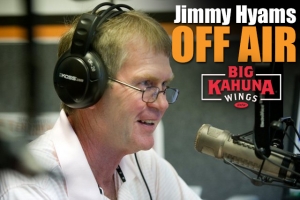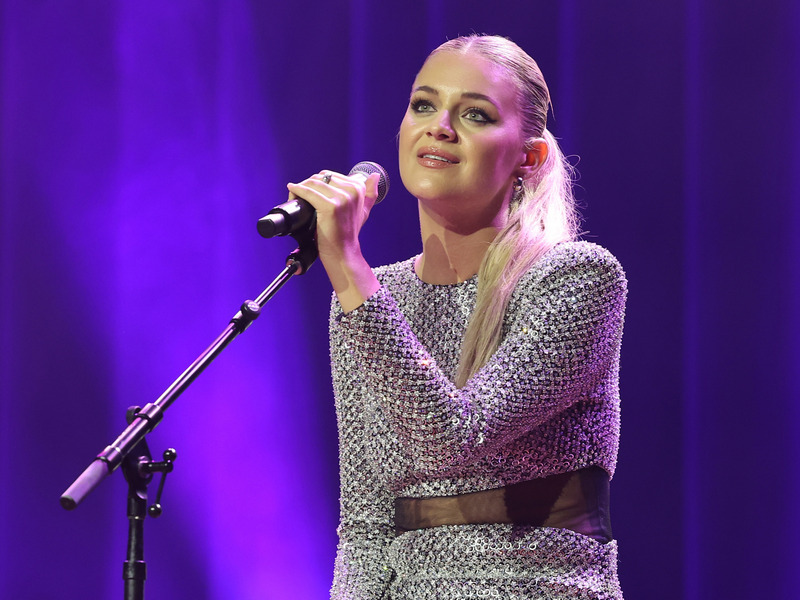(This is the second in a two-part series on Tee Martin. Part two talks about Martin leading the Vols to a national championship.) 
By Jimmy Hyams
In 1997, Tennessee won its first SEC championship in seven years.
But the prospects in 1998 weren’t so bright. The Vols had lost record-setting quarterback Peyton Manning, the first overall pick in the 1998 NFL draft.
Tennessee lost two other first-round draft picks: Terry Fair and Marcus Nash.
Coach Phillip Fulmer had some talent – UT was a preseason No. 10 in the AP poll — but he had an inexperienced junior quarterback named Tee Martin.
Not many folks gave the Vols a chance to win the SEC.
Not many folks gave the Vols a chance to win the East against the Mighty Florida Gators.
During the offseason, Fulmer and the staff called a meeting of the players.
“They talked about all the guys that left the program and we’d have a seven-win season, at best,’’ recalls Martin.
“That struck a chord with me and the team because, look at the guys that were recruited here. We had waited our turn to get better and show people what we could do.
“It was like a slap in the face to say we could win (only) seven games. We had a chip on our shoulder.’’
Martin developed another chip when coaches made him go live during spring practice – something unusual for quarterbacks.
“I was ticked off about it,’’ Martin said. “In the history of the program, no quarterback was live (during the spring). Peyton was never live. So why do I have to be live?
“I took it as motivation, like I was being called out.’’
Shortly thereafter, Tennessee had a team meeting and the players asked the coaches to leave the room.
One of the defensive players stood up and yelled: “They’re trying to get us to hurt our quarterback,’’ Martin remembered the player saying. “We’re not going to do that to our quarterback. So offensive line, do your job. And if the defense gets an opportunity to kill Tee, don’t do it.”
Martin: “That’s the brotherhood that helped us win a championship.’’
At the time, Martin said UT’s coaches were challenging the offensive line to improve and to teach Martin to get rid of the ball in a hurry.
“Now that I’m coaching, I get what the idea was,’’ Martin said. “When you’re 18, you don’t get it. … It made me callous.
“It was intended to give us a sense of urgency to get better. It wasn’t received that way.’’
Martin said players had a tremendous offseason before the 1998 campaign. Players were pushed to the limit by coaches who knew how to push their buttons.
Martin said most fans will remember the comeback to beat Syracuse, the overtime win over Florida, the miraculous rally to upend Arkansas.
“What I remember most was the work we did to get there,’’ Martin said.
Martin said the 1998 team had a special chemistry.
“You will not win if you’re not tight,’’ Martin said. “We were close knit. Players looked after each other. We had a player led team.’’
Replacing Manning could be daunting for most anyone. Martin handled it with poise.
“I was always confident,’’ Martin said. “But I wasn’t comfortable. I didn’t get comfortable until after the Auburn game.’’
Tennessee was 3-0 when it played at Auburn that season. Star running back Jamal Lewis went down with a torn ACL against Auburn, but backups Travis Henry and Travis Stephens picked up the slack. UT won a hard-fought game, 17-9.
Lewis’ injury also forced Tennessee to become a more balanced offense, Martin said.
Three weeks later, Martin set an NCAA record with 23 consecutive completions at South Carolina.
“We came together,’’ Martin said.
“We found some kind of mechanism to dominate against the odds.’’
Martin complimented the coaching staff for conducting competitive and spirited practices.
“I thought coach Fulmer did a good job allowing us to compete at a high level in practice, so when the situation came up in games, it wasn’t foreign to us,’’ Martin said. “The moment wasn’t too big for us.’’
The result was Tennessee’s first consensus national championship since 1951.




















